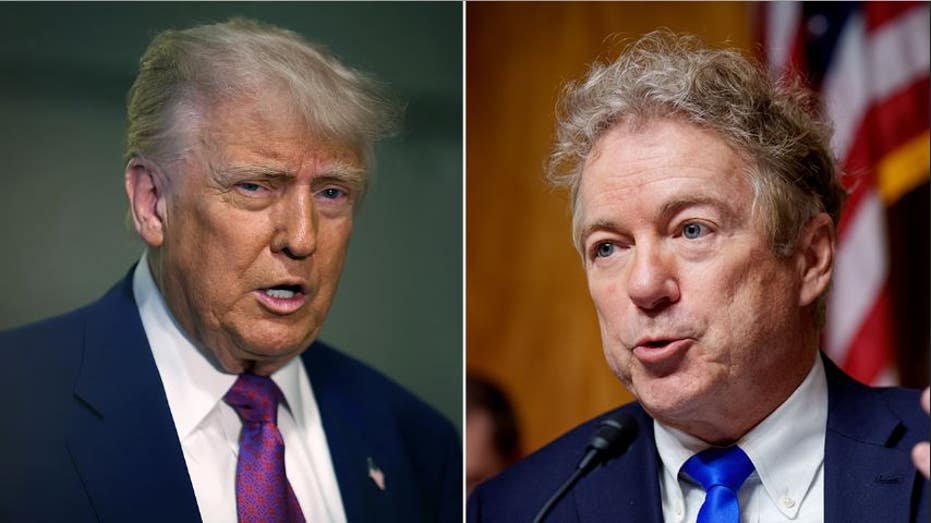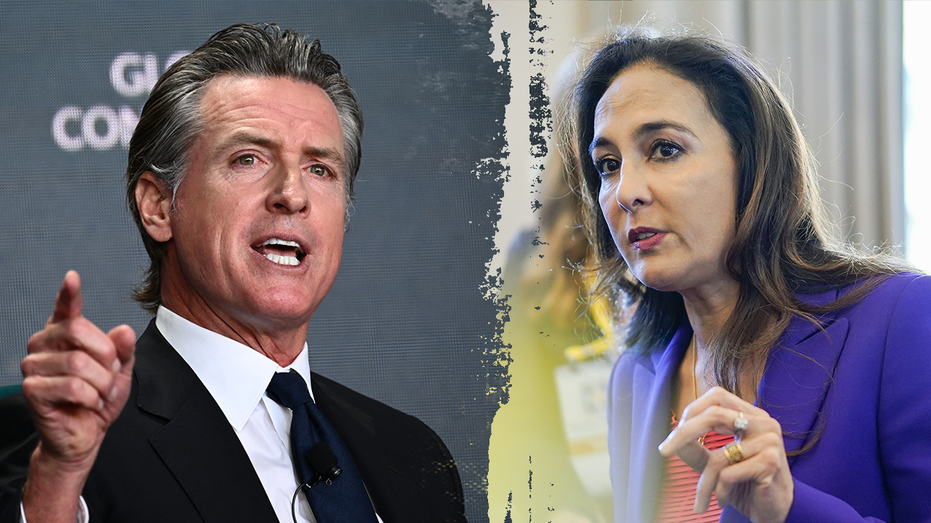Trump Warns Rand Paul Against Opposing 'Big, Beautiful Bill,' Saying It Plays into Democrats' Hands
President Trump slams Rand Paul over tax bill opposition, warns it risks his backing in Kentucky.

President Donald Trump issued a strong warning to Senator Rand Paul on Saturday, urging the Kentucky Republican not to oppose his much-talked-about legislative package dubbed the "Big, Beautiful Bill." According to Trump, any vote against the bill would align Paul with the Democratic Party, potentially paving the way for a significant tax hike and, for the first time in history, a default on U.S. debt.
In a statement released on Truth Social, Trump asserted, "If Senator Rand Paul votes against our Great, Big, Beautiful Bill, he is voting for, along with the Radical Left Democrats, a 68% Tax Increase and, perhaps even more importantly, a first time ever default on U.S. Debt." He further emphasized that the economic growth currently underway, paired with future cost-cutting measures, would be sufficient to resolve the nation's fiscal challenges, insisting that the forthcoming plan would make America "greater than ever before!"
Senator Paul has been vocal about his reservations regarding the proposed legislation. While expressing nominal support for the bill’s tax and spending cuts, Paul described them as "wimpy and anemic," underscoring concerns that the package could balloon the national debt by up to $5 trillion. This skepticism is shared by other Republican lawmakers, including Senator Ron Johnson of Wisconsin, as internal debate threatens to complicate passage in the evenly split Senate. With Republicans able to lose just three votes, even minor dissent poses a serious challenge.
The bill narrowly passed the House on May 22 and now faces a critical vote in the Senate, making every senator's decision pivotal. The debate escalated after Trump publicly criticized Republican "grandstanders" who oppose the measure, predicting dire financial consequences if it fails. Despite the contentious atmosphere, Trump indicated a willingness to consider amendments, stating, "I want the Senate and the senators to make the changes they want... In some cases, the changes may be something I’d agree with, to be honest."
Key provisions of the "One Big Beautiful Bill Act" include tax reductions, stricter eligibility criteria for Medicaid, reforms to the Supplemental Nutrition Assistance Program (SNAP), and the elimination of taxes on overtime pay and tips. These sweeping changes have drawn sharp criticism from Democrats, particularly the Medicaid reform, which they argue will become a major issue in the lead-up to the 2026 midterm elections.
The Congressional Budget Office (CBO) projects that approximately 8.6 million Americans could lose health insurance by 2034 due to the bill’s changes to Medicaid. Democrats have seized on related estimates—claiming that 13.7 million Americans may ultimately be affected—to fuel opposition campaigns. However, Republican lawmakers, such as Representative Erin Houchin of Indiana, dismiss these claims, attributing at least 5 million projected coverage losses to the natural expiration of existing Affordable Care Act tax credits, rather than cuts embedded in the new bill.
Amid these dueling projections, the fate of the "Big, Beautiful Bill" hangs in the balance, with the outcome in the Senate likely to shape both the legislative agenda and the political landscape heading into the next election cycle. As negotiations continue, the nation waits to see whether the promise of sweeping reform will overcome mounting opposition—or if intraparty disputes will threaten the unity of the Republican caucus at a critical juncture.




